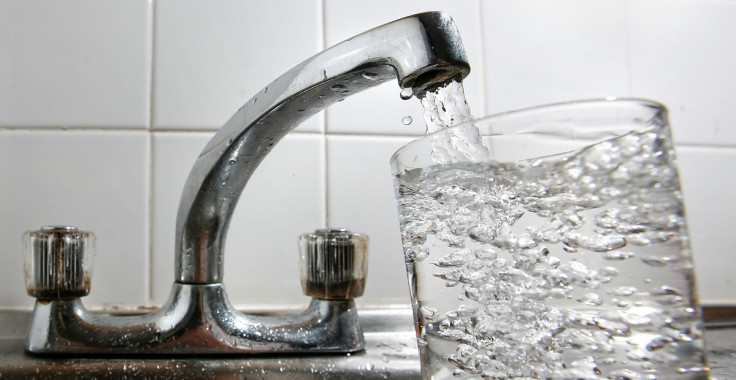Restaurants accused of selling tap water as premium mineral water
The owner of Val mineral water became suspicious when orders at both bistros dropped to an "abnormally" low level.

If you have ever ordered a bottle of mineral water from a restaurant and wondered if it is filled with tap water, you can rest assured that mineral water firms have similar concerns.
The owner of Val mineral water has taken out a lawsuit against two unnamed restaurants in Brussels for selling diners tap water in its bottles and passing it off as its premium product.
The case was lodged by Haacht brewery against two bistros in the Belgium capital at Commercial Court of Brussels alleging fraud, forgery and the alteration of products.
In the lawsuit Haacht brewery said it signed an agreement to provide the two restaurants with its mineral water in December 2008.
The supply arrangement went well until 2015, when the firm noticed the amount of water the two bistros ordered dropped to an "abnormally" low level and never recovered, reported Belgium daily newspaper L'Echo.
Company scientists at Haacht tested a number of bottles returned to it and found they contained traces of tap water.
The firm sent a bailiff to both restaurants in September 2015 and seized nine bottles of Val branded water about to be served to diners.
Onsite tests revealed the bottles contained tap water. The legal notes said the bailiff was told by a waiter that the customers were usually offered a choice of either Val mineral water or tap water, although tap water was served in the company's branded bottles. However, the waiter later retracted this statement.
Haacht is suing for an unspecified amount in damages and loss of business. Both restaurants deny the charges against them.
Six years ago, Asda and Tesco were accused of selling discount mineral water, which turned out to be tap water. Both supermarket giants denied this saying the water it used had undergone filtration and chlorine removal.
In 2004, Coca-Cola launched its Dasani bottled water brand in the UK, which was reportedly purified tap water sourced from a mains supply at one of its factories in Sidcup, Kent. The US soft drinks maker defended the product saying it had passed through three separate filters, which meant that the water had gone through a "highly sophisticated purification process".




















